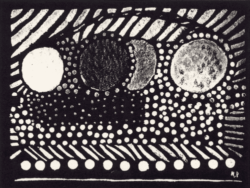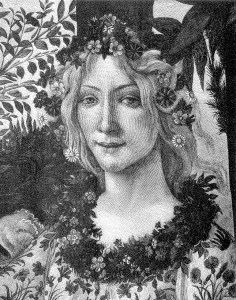Walking the Way of Individuation
This episode is the first session of the four-part series The Path is the Goal: Walking the Way of Individuation.
Jung called individuation the method by which a person becomes a separate unity or whole. In Jungian psychology, individuation has sometimes been called the goal of the analytic process. This terminology can be misleading since individuation is not a product, but a process in which we are engaged throughout our lives. The mysterious process of individuation is the focus of this course. Engaging lecture and reflection on Jung’s Collected Works provide an understanding of the nature of individuation as well as ways to enhance and foster that process. It was recorded in 1997.
A diagram is referenced is the talk which is probably this one. Though not explicitly described as being between analyst and analysand, the structure is essentially the same.

Podcast: Play in new window | Download (49.8MB)
For the complete series, click here.
For all seminars by Ken James, click here.
© 1997 Ken James. This podcast is licensed under a Creative Commons Attribution-NonCommercial-NoDerivatives 4.0 International License. You may share it, but please do not change it, sell it, or transcribe it.
Music by Michael Chapman
Edited and produced by Benjamin Law

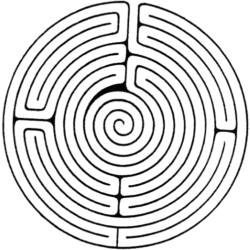
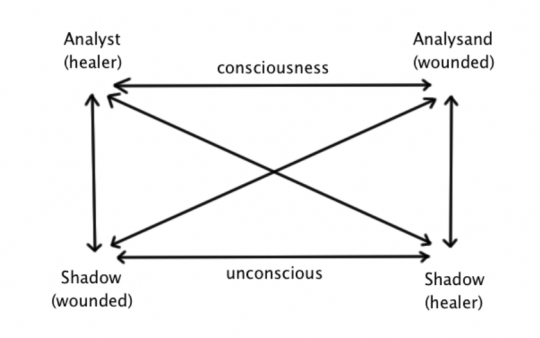

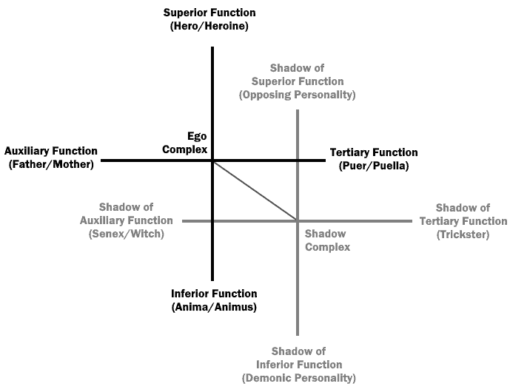

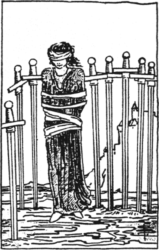 with Brenda Donahue, RN, LCSW
with Brenda Donahue, RN, LCSW